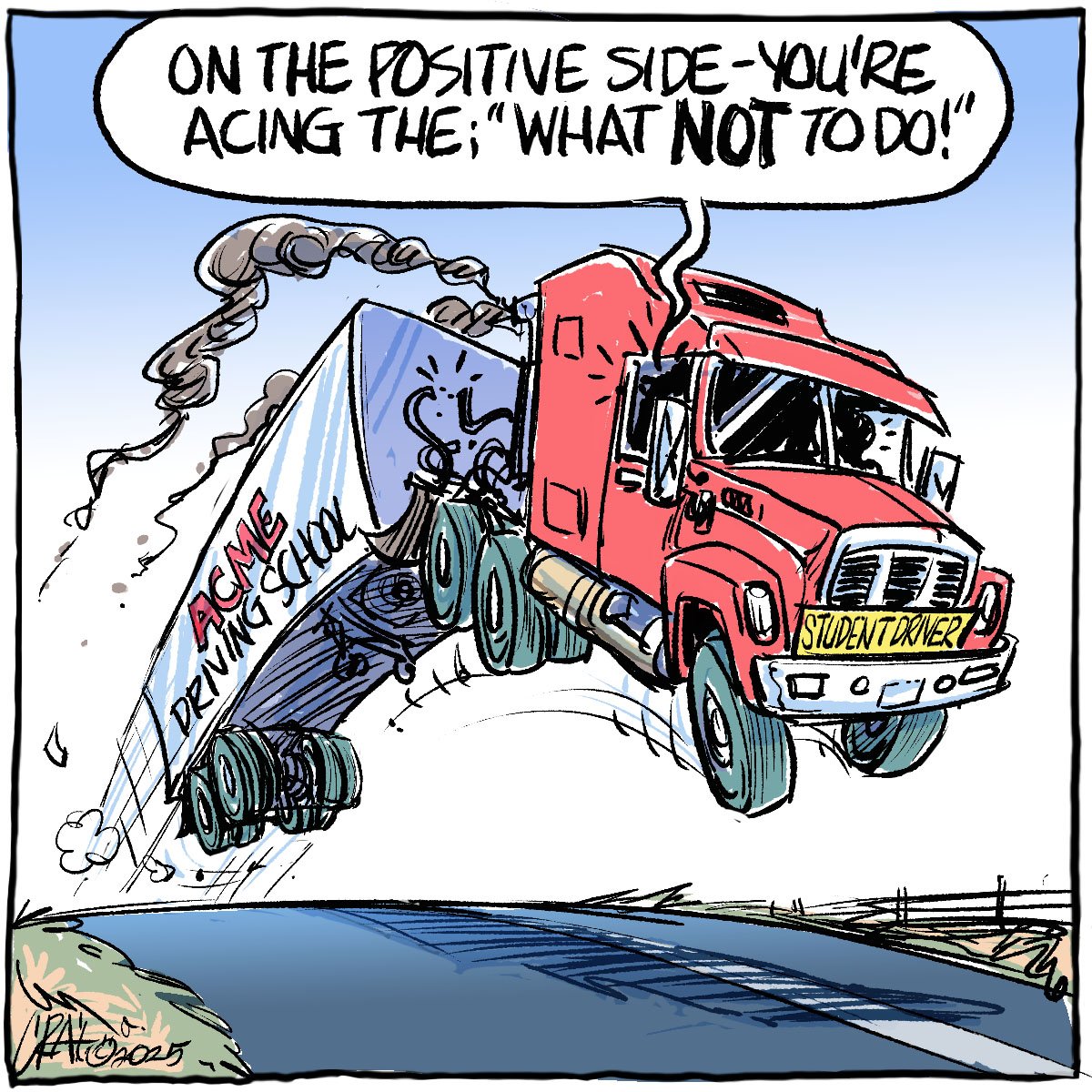The recent report of the Senate agriculture committee won’t produce any magic consensus among farmers on what to do about the wheat board.
But the senators have made a helpful contribution to the process of reforming the board, and perhaps brought closer that eventual consensus.
Rather than rubber-stamping the government’s proposed legislation (Bill C-4) to reform the board, the Senate committee recommended some significant changes.
For many farmers, the changes don’t go far enough in the various directions they want. But judging by the tone of the debate so far, the changes will probably be viewed by most farmers as at least a small improvement in a bill that can never satisfy everyone.
Read Also

Efforts to improve trucking safety must be applauded
The tragedy of the Humboldt Broncos bus crash prompted calls for renewed efforts to improve safety in the trucking industry, including national mandatory standards.
Many farmers had expressed concern about a planned contingency fund to cover losses on new marketing options. The senators accepted the fund, saying it “would indeed offer new operational flexibility to the proposed board of directors, allowing them to offer more marketing choices to farmers.”
But the senators also said the legislation’s regulations should cap the fund at a maximum of $30 million so that farmers aren’t being forced to hand over a blank cheque.
It can still be argued that neither the fund nor some of the new marketing options should exist. But a $30 million cap is at least some improvement, considering previous speculation that the fund could be over $600 million.
Similarly, the Senate committee declined to overturn the government’s plan to appoint the board’s new president, but it inserted a provision to require that the farmer-dominated board have some meaningful role in selecting a president.
Under the senators’ amendment, before any appointment of a president the responsible minister would have to consult the board about the person the minister plans to appoint and wait until it determined the president’s salary.
The basic power still remains with the minister, but any ministerial appointee who might be forced on an unwilling board would be risking a scrawny paycheque.
The committee also showed wisdom in turning down one proposed change to the system for electing directors.
Declaring their firm support of family farms, the senators said “each permit book holder should have one vote, regardless of his or her acreage, since a system linked to acreage might give undue influence in the election process to ‘corporate farms’.”
The bill is still flawed, but less so than before it reached the Senate. In that respect, they did their job.














